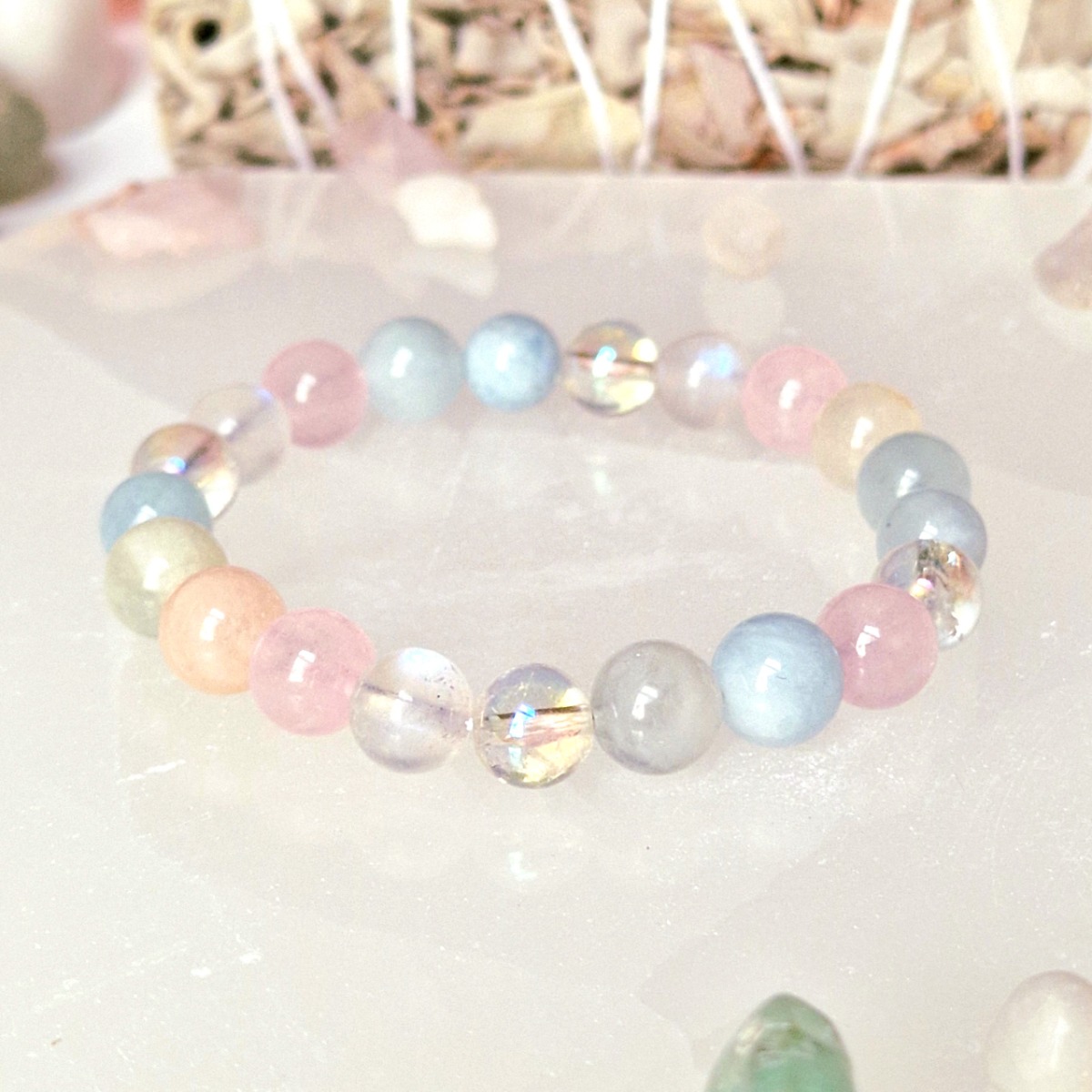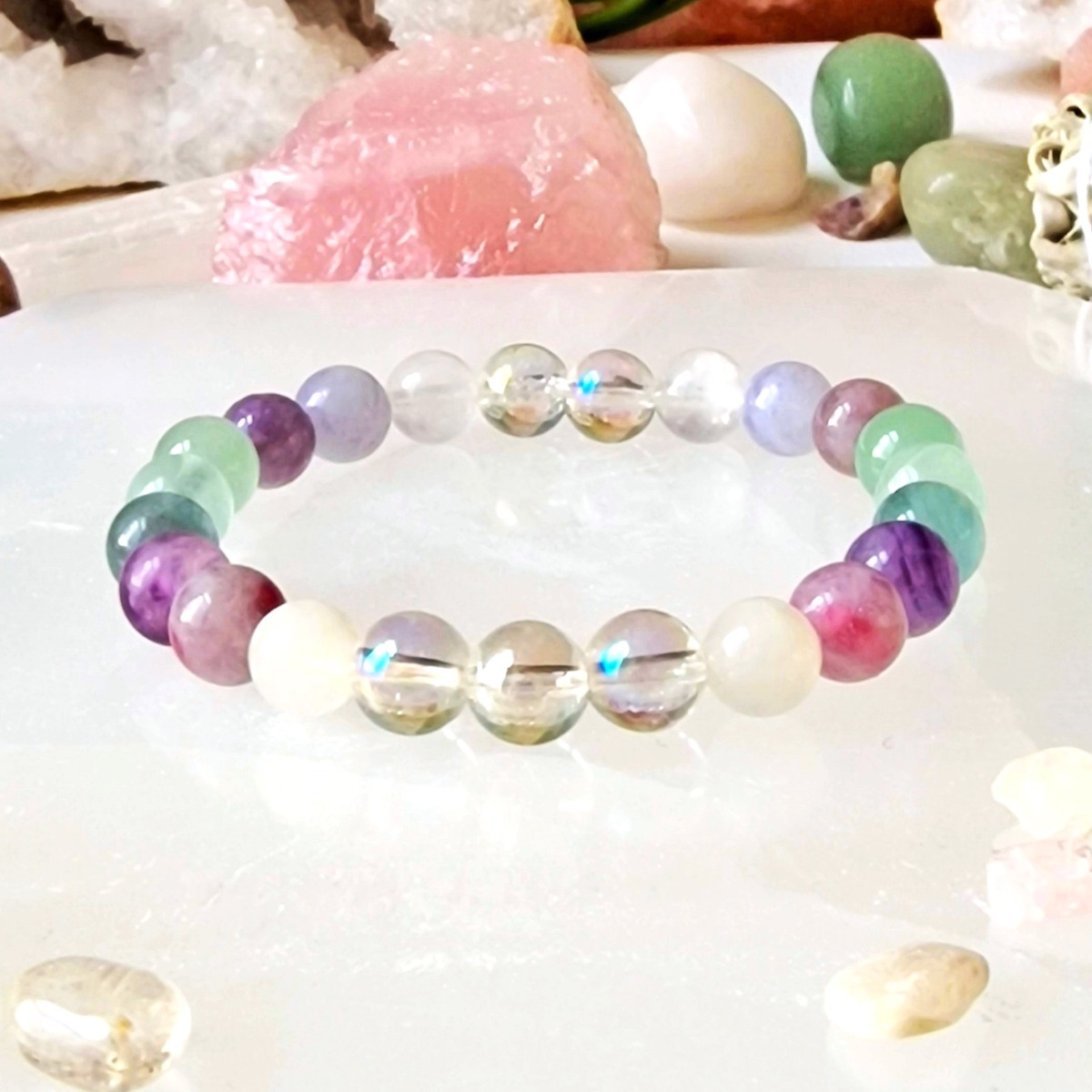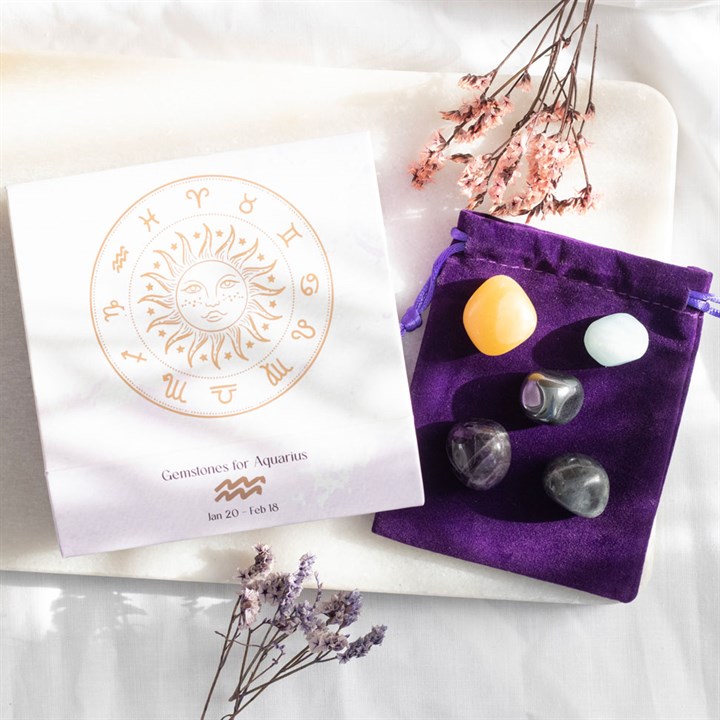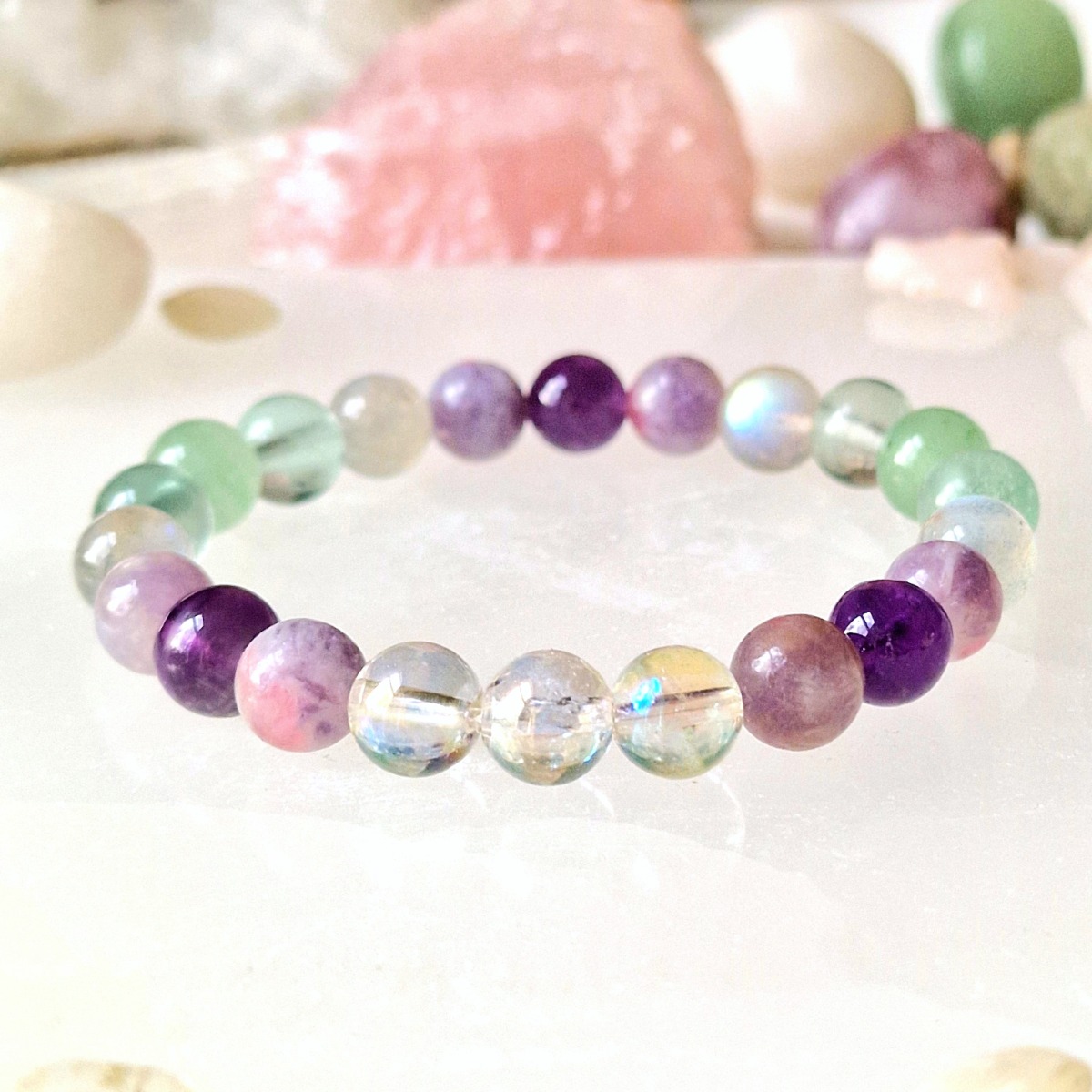We use essential cookies to make our site work and improve user experience. Cookies can be deleted in your internet browser settings after using the website and will not impact future use. By clicking “Accept”, you agree to our website’s cookie use as described in our Cookie Policy.
Formula
Be3Al2Si6O18
Colour
Pale blue, blue-green
Mineral Group
Beryl
Diaphaneity
Transparent to Translucent
Crystal System
Hexagonal
Lustre
Vitreous (Glassy)
Hardness (Mohs)
7.5 - 8
Chakra
Throat
Specific Gravity (kg/cm3)
2.65 – 2.85
Numerical vibration
1
History
The name Aquamarine comes from the Latin words “aqua marina” meaning seawater, and the word Aquamarine was first used in the year 1677. This crystal is a very rare stone that has a long history. The first recorded use of this mineral was around 400 B.C. in Greece but has been used throughout multiple cultures for over 2,000 years. The Romans loved this gemstone, and believed it “comes from some mermaid’s treasure house, in the depths of a summer sea, has charms not to be denied”.
The ancient Egyptians saw it as a prized crystal that signified youthfulness and satisfaction. Aquamarine has also been found in Egyptian pyramids and burial grounds. It was also believed that the gem had the ability to control the waters, preventing disaster, hence, sailors have commonly brought an Aquamarine stone with them to ensure a smooth sail. It was also believed that this gemstone enriches the bond between married couples which is why today it is often seen alongside diamonds.
Science & Origin
Aquamarine is a blue variety of Beryl that crystallizes in hexagonal columns. The beautiful blue colour of this gemstone comes from minor traces of iron, and it becomes even bluer when heated. While aquamarine often contains no inclusions, it can have them, noticeable or not, composed of content such as mica, hematite, or saltwater. Aquamarine can be found in the United States, Brazil, Australia, and several countries in Africa. The highest quality specimens currently on the market are found in Pakistan and Afghanistan.
Healing Properties & Benefits
The stone has an immense amount of positive energy that enhances an individual's ability to talk publicly. The power that comes from Aquamarine will help even the strongest stage fright cease to exist. Wearing or carrying a piece daily will help in choosing the right words, tone, and ideas when speaking to someone. This gemstone softens the harsh words that can come out during disagreements, while also assisting one in focusing on clear communication. By helping you express yourself accurately it will also help you overcome your insecurities hence improving self-confidence. If you are afraid to speak your mind or often feel like people don’t understand you, then you should add Aquamarine to your crystal collection.
Aquamarine helps in opening a clear channel between your heart and throat chakras. This ever-so-important connection allows one to constantly speak from the heart and to the highest truths. The water element shines bright in this stone and urges us to peel back a layer of ourselves to allow that inner being to glow. When one’s open heart and clear mind can work in sync, the opportunities and relationships will become endless. More on crystal chakra healing
The stone also provides a calming essence that helps whenever a person needs to finish a tedious task. It supports you in cooling those fiery emotions that would get you sidetracked. It nurtures the thoughts and feelings of its bearer, and the stone grants you with a protective shroud, housing your emotions within its shelter. Therefore it is a great stone to have for healing trauma, you can also place one near your pillow to help heal the subconscious while you are asleep.
In feng shui, Aquamarine brings calming energy to a home and provides shielding and protection.
Feng Shui: North-East | Element: Water | Ruling planet: Neptune | Zodiac: Aries, Gemini, Pisces




